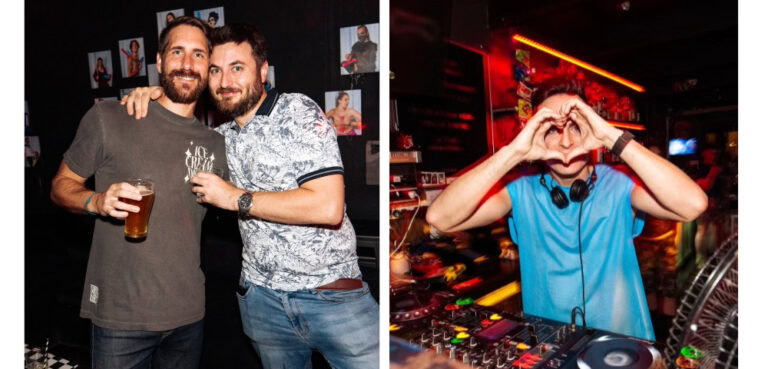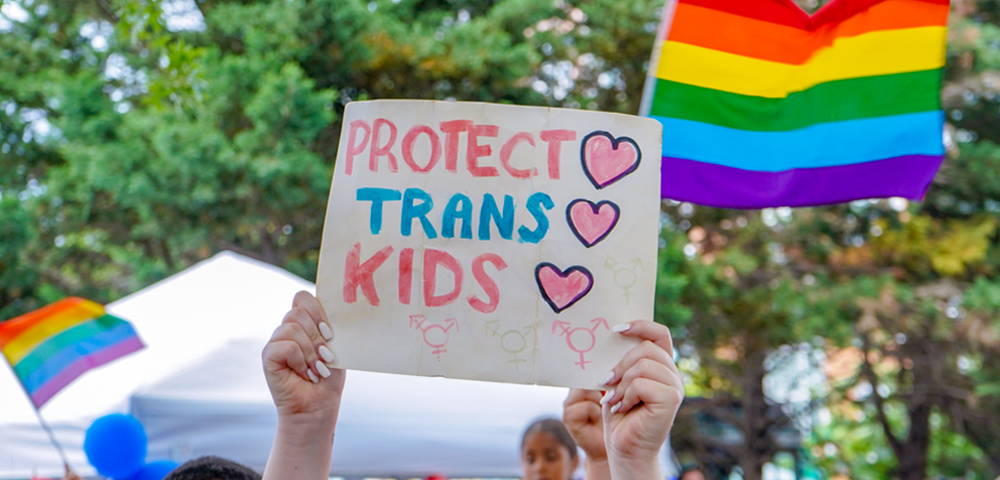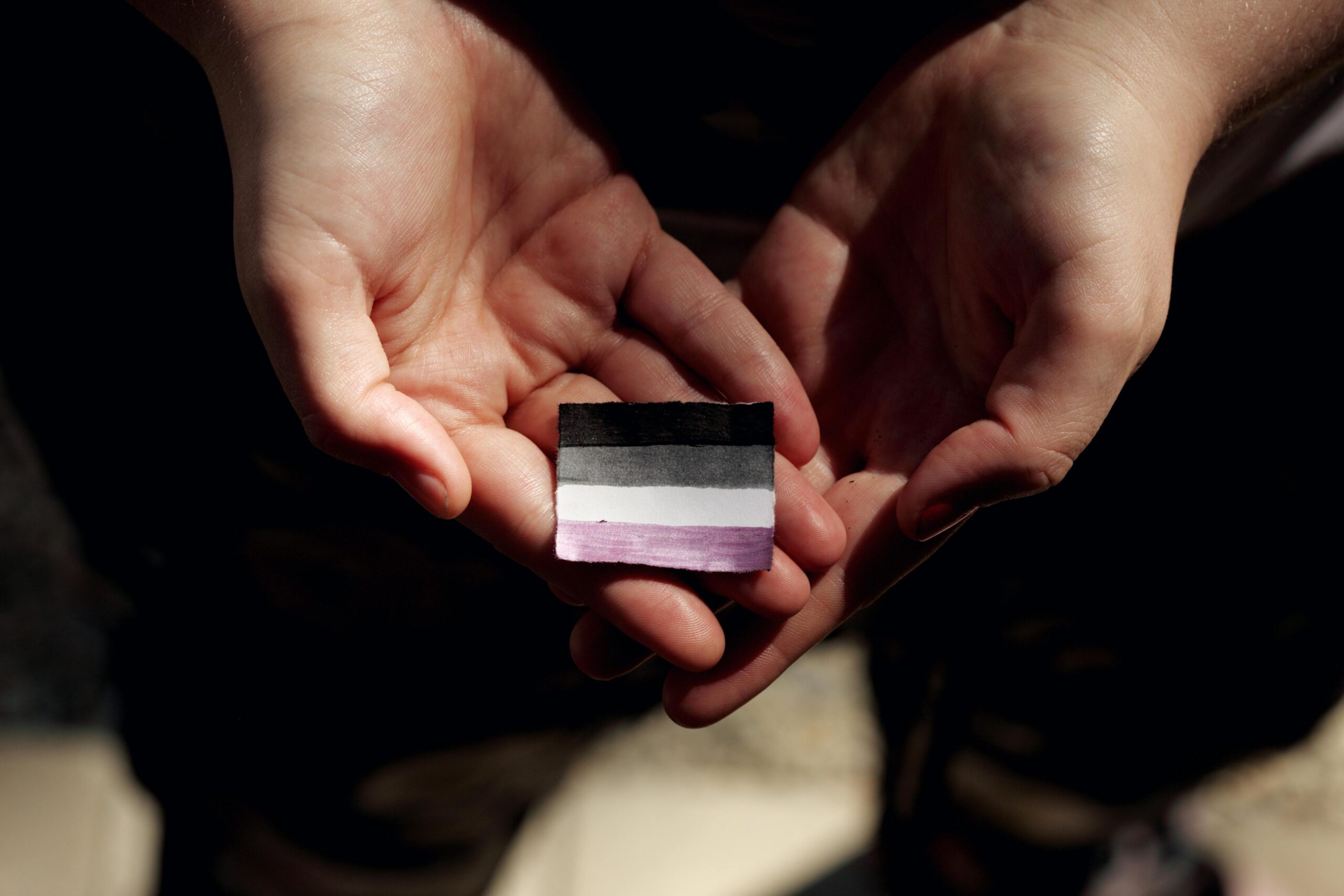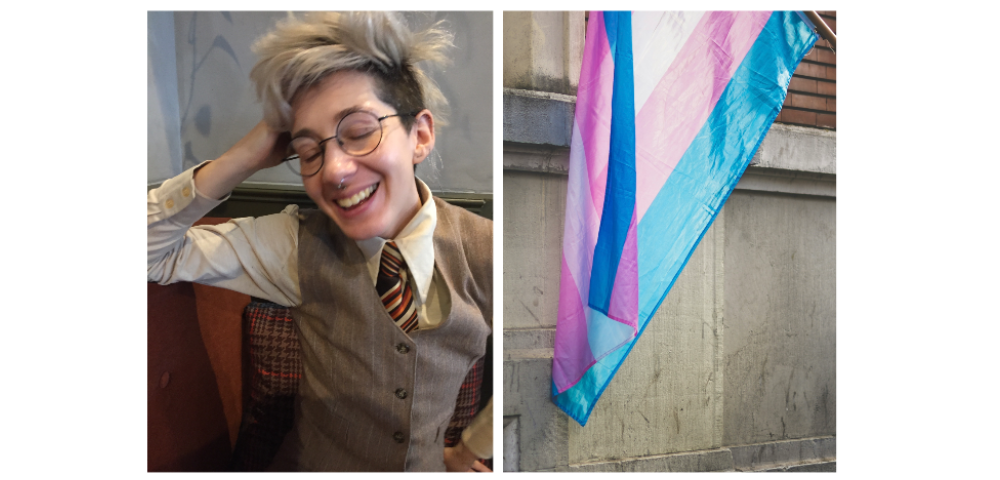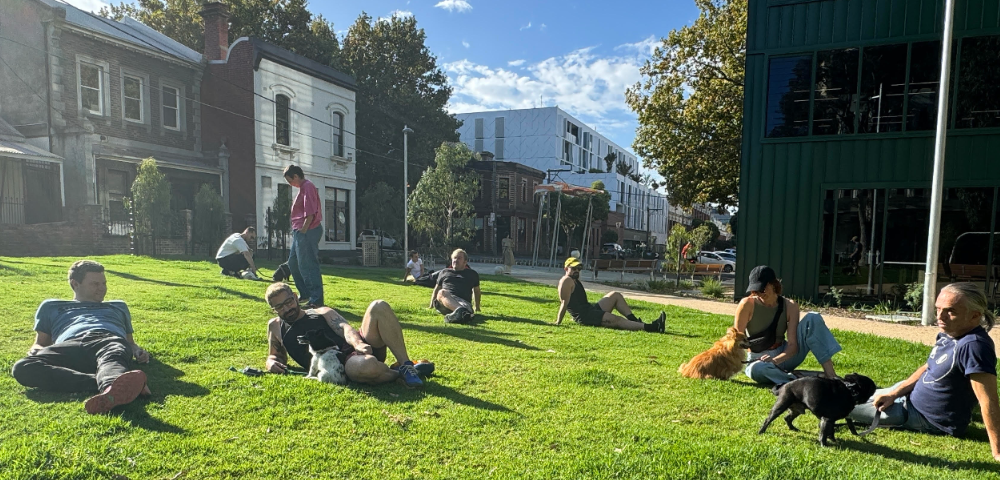
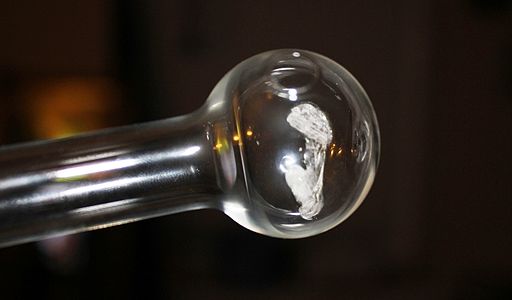
IF you are caught with ice or GHB you are banned for life, says Poof Doof night club in Melbourne.
The avalanche of responses (to keep the frozen metaphor going) has neglected an important aspect of the debate.
As health professionals running Sydney’s only stimulant treatment program, we are concerned that responses like these will further stigmatise people who are running into trouble with their use of these drugs.
Worse, it stigmatises people that are not having problems around their drug use, thereby creating a problem for them. Although some people can run into serious trouble, most people do not.
By driving debate underground, we may stop people from acknowledging or talking about any problems they might be experiencing, and it makes it difficult to talk about preventing problems before they occur.
RELATED: Poof Doof gay club threatens lifetime ban for ice and GHB use by patrons
A response like this closes in on the space for early intervention and harm reduction.
We have already seen increased risks of overdose when people move to consuming as much as possible before entering highly surveyed venues.
Furthermore, a rule like this will be difficult to enforce consistently every time with every person.
And targeting just two drugs — does this imply that there are no risks associated with other substances?
10 years ago, Peter Staley, who started the Treatment Action Group and had his own experience of crystal meth problems, promoted a similar controversy by funding and launching a health promotion campaign in New York City, proclaiming “Huge Sale! Buy Crystal, Get HIV Free!”
Critics complained that this further marginalised the gay community and promoted a dual sex-drug stigma, and over-attributed risk properties to the drug — rather than behaviours and at the exclusion of other drugs.
We know that alcohol is a far greater problem for our community than either GHB or ice.
Yet the club hasn’t mentioned alcohol, indeed it promotes – and presumably profits – from alcohol consumption by making it readily available to customers.
Talking about stigma, by supporting this stance we accept inherent discrimination – why (voluntarily) single out Poof Doof without a mention of the other clubs run out of the same venue?
Many communities are concerned about the impact of methamphetamine use and surveillance and punishment is not an approach that health services can support.
What we need is an open and clear-headed discussion around public health responses to potentially harmful drugs.
S-Check, for people who use meth, cocaine or pills and are interested in a brief anonymous physical, psychological, social and emotional check up, visit: www.scheck.com.au
You can also call the 24-Hour Stimulant Support Line (02) 9361 8088 / 1800 10 11 88 or for the stimulant treatment program, call 02 9361 8078


